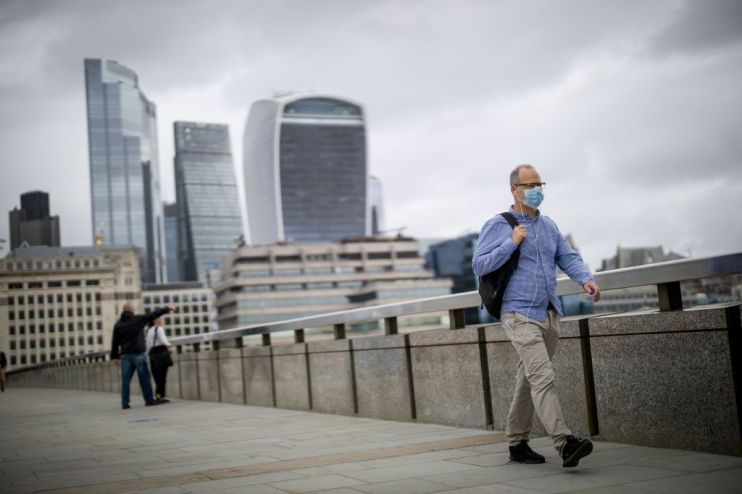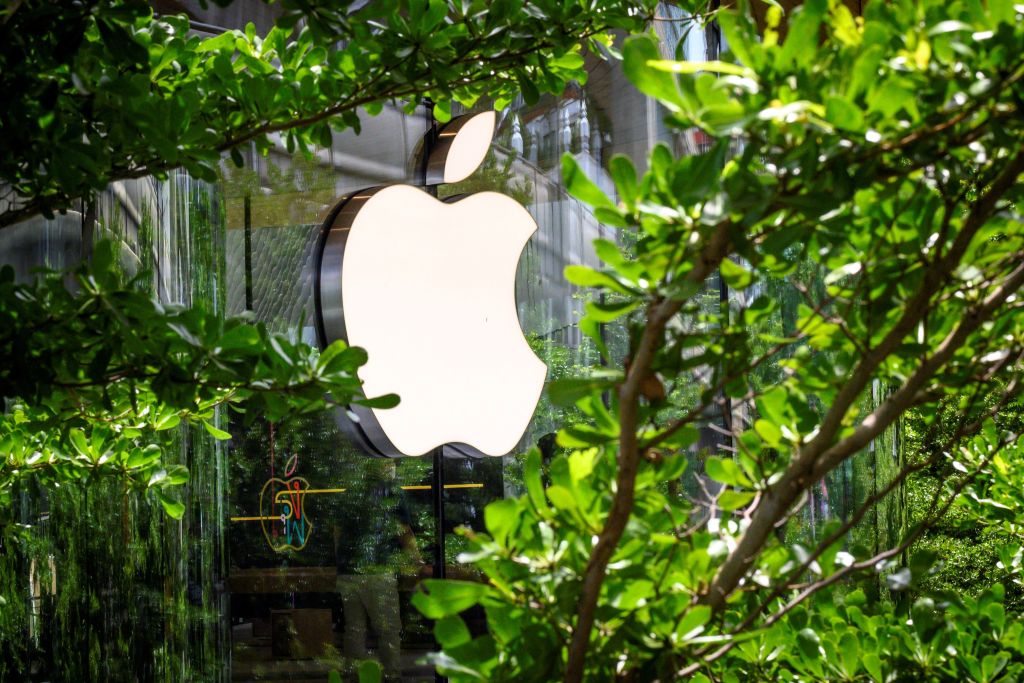FTSE 100 jumps as homebuilders cheer surge in UK house prices

The FTSE 100 jumped as investors welcomed signs of an economic recovery, with homebuilders riding high after UK house prices hit a record level despite the coronavirus pandemic.
The UK’s main stock index climbed 1.1 per cent to 5,929 points, having shed almost two per cent yesterday. The FTSE 250 index of smaller firms rose 0.5 per cent.
Read more: UK house prices recover from lockdown to hit all-time high in August
The FTSE lagged behind Germany’s Dax, however, which rose two per cent. France’s CAC 40 was up 1.8 per cent and the continent-wide Stoxx 600 was up nearly 1.7 per cent.
The dollar rose 0.5 per cent against a basket of other currencies, bucking a recent trend. The pound was down 0.4 per cent to $1.333.
The US S&P 500 opened up nearly 0.4 per cent, the Dow rose nearly 0.7 per cent and the Nasdaq Composite slipped 0.3 per cent.
Technology stocks helped push the S&P 500 to record highs at the open, while the Dow inched closer to its pre-pandemic peak as data showed a moderate rise in US private payrolls last month.
US private payrolls increased less than expected in August, suggesting that the labor market recovery was slowing as the Covid-19 pandemic drags on and fiscal stimulus fades.
The ADP National Employment Report today showed private payrolls rose by 428,000 jobs last month.
Data for July was revised up to show hiring gaining 212,000 jobs instead of the initially reported 167,000. Economists polled by Reuters had forecast private payrolls would increase by 950,000 in August.
UK property market helps FTSE 100
Housebuilder Barratt Developments was the biggest riser on the FTSE 100, jumping 6.5 per cent. Fellow property groups Taylor Wimpey, Persimmon and Berkeley also rose sharply.
Barratt received a double boost today after it told City analysts that demand had rebounded after the lockdown in the spring.
It was also supported by data that showed UK house prices hitting a new all-time high. The Nationwide building society said prices rose at the fastest rate in 16 years in August thanks to pent-up demand and the government’s stamp duty holiday.
Adam Vettese, analyst at multi-asset investment platform eToro, said: “House sales have rebounded incredibly strongly in the past two months, a sign of how much demand there is present in the current market.”
Yet he added: “The future of Barratt and other housebuilders will be very much linked to the health of the wider economy and the UK jobs market.”
Read more: Barratt shares rise on strong forward sales despite Covid-19 hit
Analysts said the fall in the pound also helped the FTSE 100. It means the overseas earnings of the index’s companies are worth more.
David Madden, market analyst at CMC markets, said: “The pullback in the pound today has helped some internationally exposed stocks like Glaxosmithkline, Astrazeneca, Diageo, Unilever and British American Tobacco.”

Unstoppable US stocks boost Europe
Fawad Razaqzada, market analyst with Think Markets, said: “Global stocks have been rising on the back of the steadily improving sentiment on Wall Street.”
The S&P 500 and Nasdaq indices have consistently hit new highs in recent weeks. In a sign of the times, Apple is now worth more than the entire FTSE 100 index, at around $2.2 trillion (£1.7 trillion).
Razaqzada said lower “Covid-19 death rates, falling new cases in the US and hopes that an effective vaccine will soon be approved” had boosted sentiment.
“Meanwhile improving manufacturing activity in China, the US and Eurozone has fuelled hopes that the recovery is well under way across the world’s key economic regions.”
Yet worries remain on the horizon
Despite stocks rising sharply, there are some worrying areas investors are keeping there eyes on.
In the US, payroll operator ADP reported that private payrolls rose by 428,000 last month. That was well below the 950,000 analysts expected.
The ADP data has often differed sharply from the official non-farm payroll data, which is due on Friday. But it will nonetheless worry policymakers, as it suggests the US’s jobs recovery is slowing down.
“Markets continue to seek the positive and ignore the negatives,” said Chris Beauchamp, chief market analyst at IG.
“But it is odd to see such relentless positivity in US markets when the pandemic has yet to subside, the economic impact is only just being felt and we have a US presidential election just a few weeks’ away.”